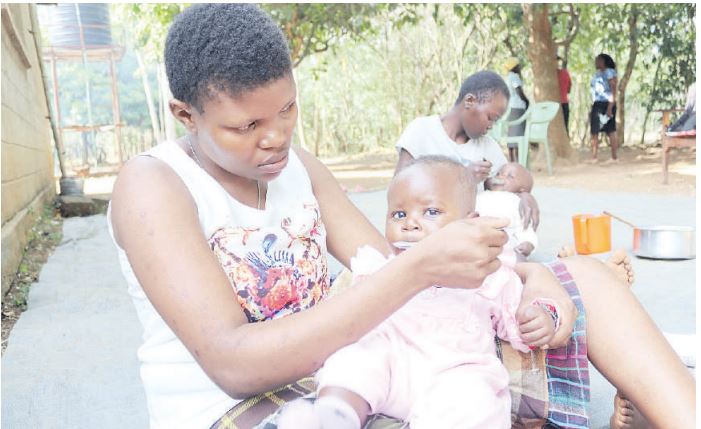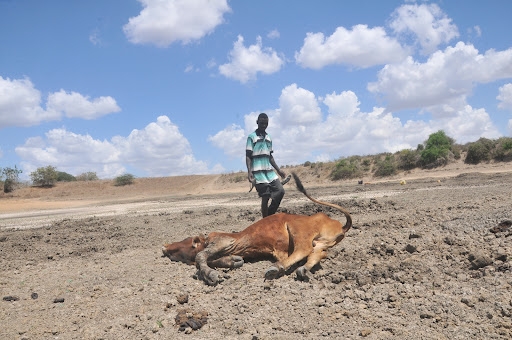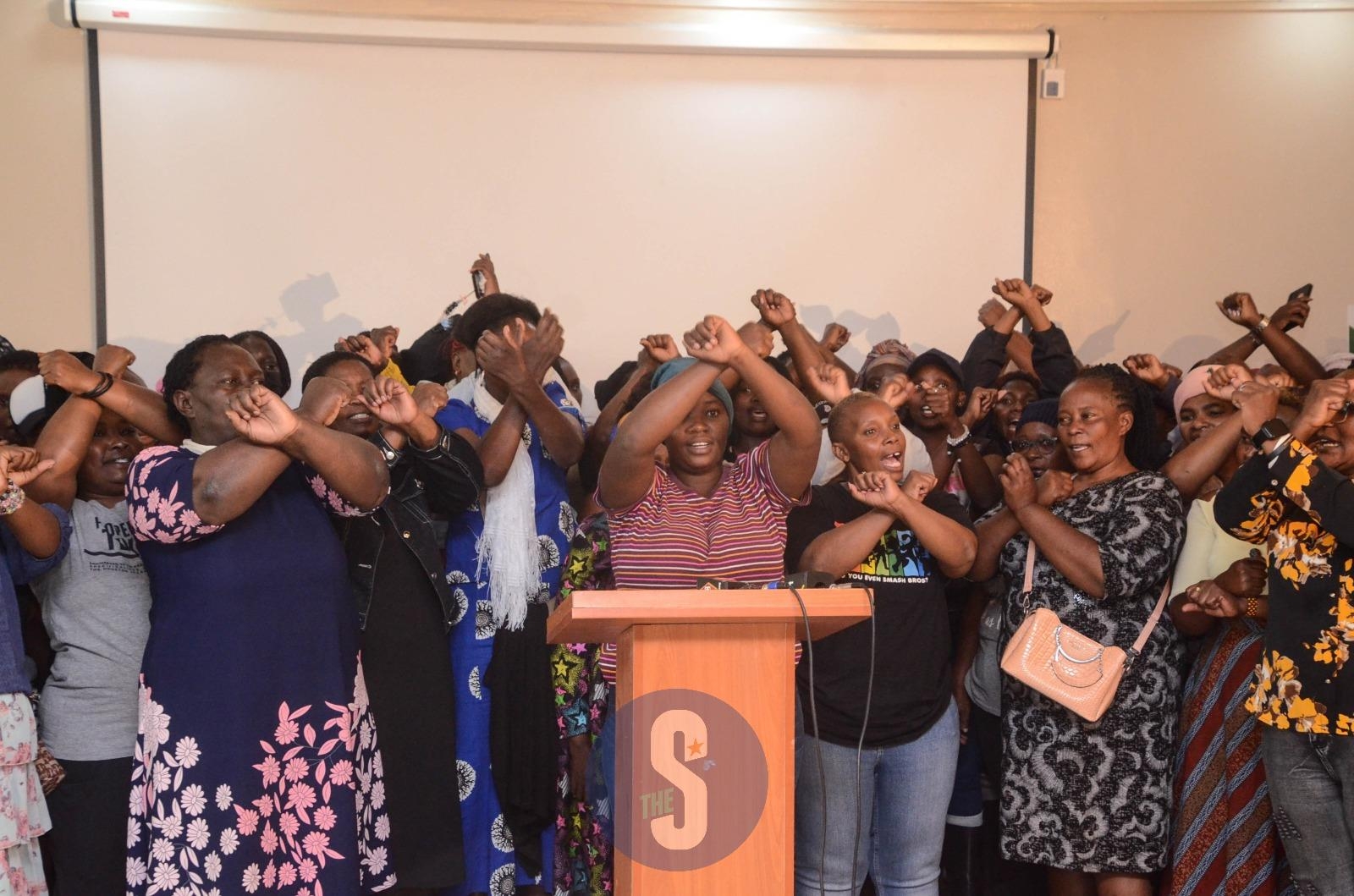
In Bar Agulu village, a group of 10 mothers gathers daily under the Positive Deviance Hearth (PD Hearth) model, a grassroots nutrition programme built on the belief that local knowledge can unlock life-saving solutions.
These women bring together what little they have such as cassava, millet, bananas, Nile perch and cook nutritious meals while learning, laughing and healing together.
The aroma of ugali wafting from the mud-thatched kitchen is proof to their collective effort, a scent bringing joy to children who, just 10 days ago, struggled to eat.
Carolyn Adhiambo’s son also gained 200 grammes in 10 days and they expect 500 grammes by the end of the month.
"I used to think I was saving food by giving only one type at a time,” Adhiambo, a PD Hearth member, says.
Now Adhiambo says she mixes greens, fish and grains and her son is stronger and walking, something she couldn’t imagine.
“Now I understand the importance of balance. My child is active and walking, something I never thought possible,” she adds.
They create their own meal plans, utilising local resources like omena, fish, leafy greens and chicken.
But here, the PD Hearth sessions offer a community-based remedy.
Instead of waiting until a child is severely ill, mothers are taught to recognise early signs, craft balanced diets from local foods, and support each other through recovery.
Nutritionist Christine Akoth, who helps oversee the initiative, says the approach is simple but effective.
She added that they learn by cooking, playing and caring as a group.
They also thrive when play is integrated with nutrition, as mothers are encouraged to make toys from household items to stimulate cognitive growth alongside physical healing.
This prevention-focused method contrasts with the situation at Jaramogi Oginga Odinga Teaching and Referral Hospital, where six-month-old twins alongside an 18-month-old toddler are among the many children battling life-threatening conditions.
According to Dr Ogola Don, a paediatric, they receive children in shock, and malnutrition is often the root cause.
Treatment is intensive and expensive.
Treating a child with severe malnutrition at JOORTH costs about Sh25,000 with specialised feed like F75 and F100, which are essential stabilisers, adding to the financial burden. This can be contrasted with the community-driven PD Hearth approach.
F-75, a formula used during stabilisation, provides minimal energy and protein essential for fragile bodies.
F-100, used in recovery, delivers higher nutrients. Both are crucial.
“Kenya needs Sh5 billion annually for nutrition,” Leila Odhiambo, assistant director of nutrition and dietetics, says. But funding gaps make even basic interventions a challenge"
Despite this, community-led models are proving more sustainable.
“Hospital-level treatment is vital but not scalable,” Odhiambo says, adding that empowering families to act early is our best chance.
Kenya, like many countries, has grappled with the persistent challenge of child malnutrition. In 2021, 26.2 percent of children under five years suffered from chronic malnutrition or stunting while 4.2 percent experienced acute malnutrition known as wasting. Additionally 11 per cent were underweight and four per cent exhibited wasting.
The Child Health and Mortality Prevention Surveillance Network data underscores the urgency.
In Kisumu and Siaya, malnutrition is the leading cause of death among children under five.
“We conducted postmortems and found that 30 per cent of deaths were due to malnutrition,” Dr Dickens Onyango, co-director of CHAMPS Network, said.
Joseph Odinde, Alego Usonga subcounty nutritionist, highlights the impact of CHAMPS data saying they decided to intervene with PD Hearths, preventing moderate malnutrition from becoming severe.
With support from World Vision and CHAMPS, Siaya county has established three PD Hearths, equipped with MUAC tapes, weighing scales and height boards.
Community health workers are trained to identify malnutrition cases, empowering parents to take ownership of their children’s health.
The results are promising. Of the 26 children initially identified as malnourished, 22 recorded weight gain after 12 days in the PD Hearth programme.
“Moderate malnutrition is silent,” Odinde warns, adding that without intervention, it quickly progresses to severe malnutrition, which can be fatal.
In Bar Agulu village, the mothers are proving that community-driven solutions, fuelled by local resources and unwavering determination, can effectively combat malnutrition.
Their shared meals and collective spirit are not just nourishing bodies but they’re building a healthier future for their children and community.

















